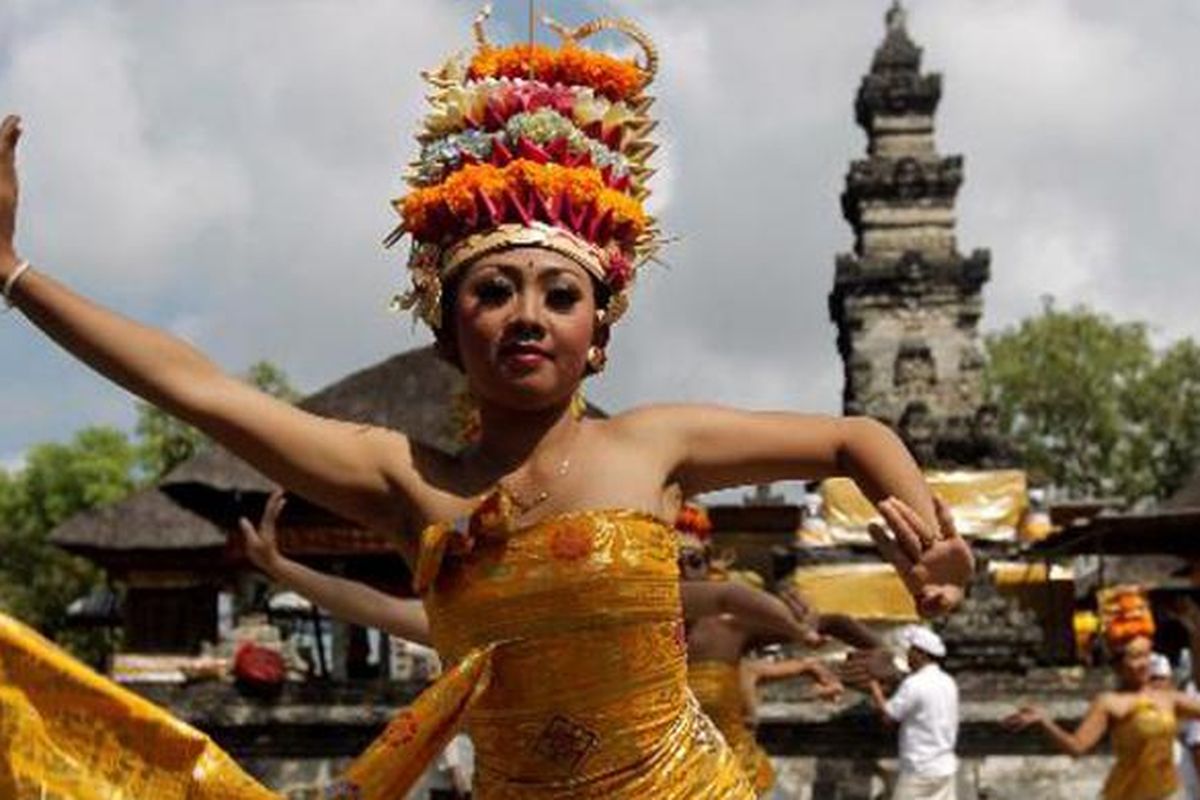Bali Strives to Diversify Its Economy and Rely Less on Tourism

DENPASAR, KOMPAS.com – Bali aims to diversify its economy in a bid to rely less on tourism as it continues to reel from the coronavirus pandemic.
The Island of Gods' tourism sector has taken a massive beating due to the economic impact of the coronavirus pandemic as borders closed and flights have come to a complete stop.
Bali’s Governor I Wayan Koster has reaffirmed his decision to keep the Bali tourism sector closed as the provincial government mitigates the Covid-19 virus.
Read also: Bali Tourism Remains Closed Amid Pandemic
Data from Statistics Indonesia’s Bali branch indicated a plunge in the number of international travelers for April 2020 by 99.93 percent year on year.
Likewise, arrivals recorded a decline of 99.79 percent year on year in March 2020.
The Balinese provincial government's approach to economic diversification is to boost its creative and agriculture sectors.
According to Wayan, several countries laud Balinese craft and agricultural products. Balinese mangosteen is a popular fruit in China.
Bali produces an average of 4,000–5,000 tons of mangosteen annually. Bali’s sought-after agricultural commodities include dragon fruit and snake fruit.
“There is a growing demand for snake fruit while we’ve already established a market for Bali’s dragon fruit. We are looking to develop the markets for our oranges and bananas,” Wayan said during a Covid-19 event at the Bali Governor’s Office on June 2.
For Bali’s creative sector, the island’s silver, gold, and statues are strong contenders.
While the Balinese provincial government forges ahead in diversifying its economy, logistical challenges arising from the coronavirus pandemic have slowed down efforts.
The export of Balinese craft and agricultural products is temporarily constrained as air transportation services have been grounded amid the coronavirus pandemic.
Read also: Ministry of Tourism’s #BeliKreatifLokal Campaign to Support SMEs
Exports can only be conducted by sea and shipped via the Tanjung Priok Port in Jakarta.


































